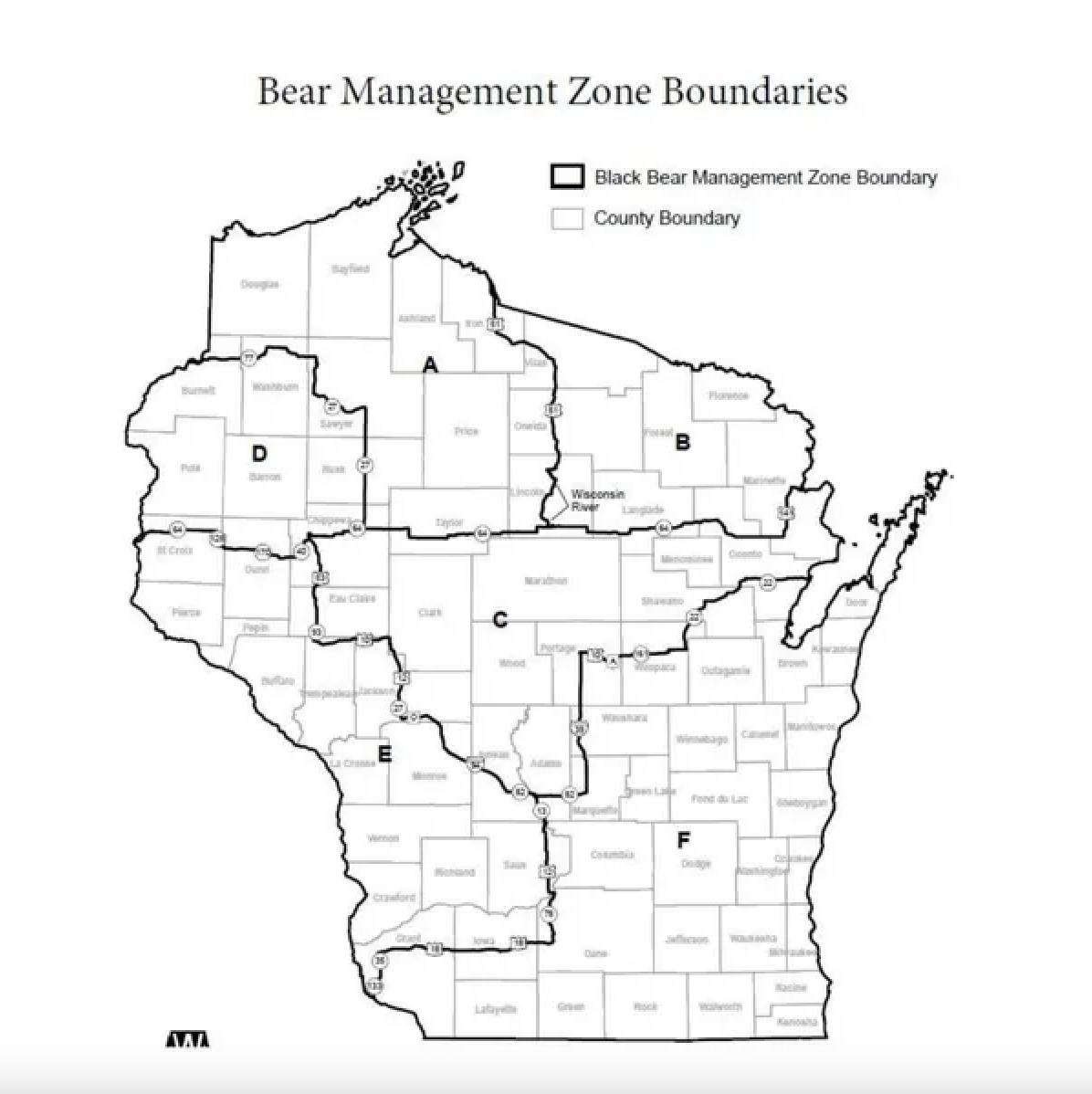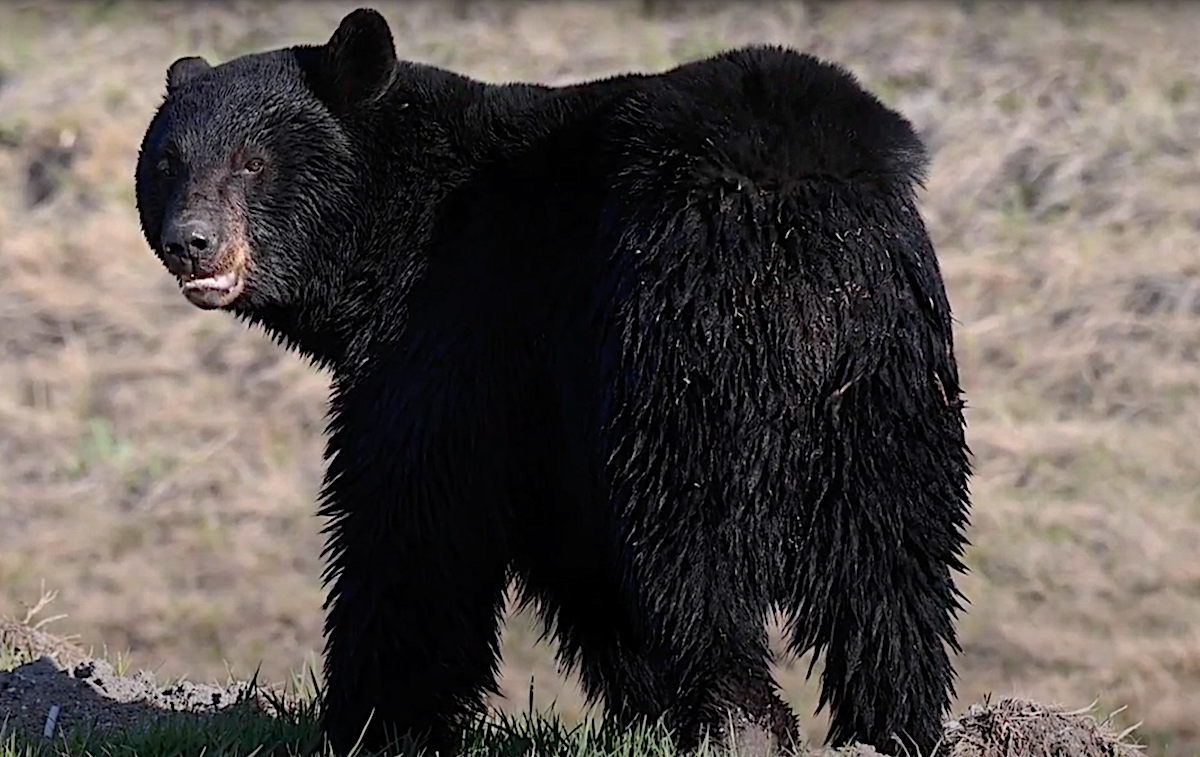Wisconsin DNR Increases Bear Permits for 2025
Keith Lusher 02.10.25

Great news for those who hunt bears in Wisconsin! The Wisconsin Department of Natural Resources (DNR) has approved a 14% increase in black bear hunting licenses for the 2025 season, following strong population indicators and successful harvest rates in 2024. The Natural Resources Board unanimously approved the proposal in Madison on January 22, authorizing 13,110 licenses with a harvest quota of 4,075 bears.
The decision comes after a notable recovery in the 2024 season, where hunters harvested 4,285 bears during the five weeks from September to October. This marked a significant improvement from 2023’s harvest of 2,922 bears, representing the lowest numbers since 2008.
“The state’s bear population remains healthy,” said Randy Johnson, DNR large carnivore specialist. “Last year’s low harvest, coupled with bears entering dens in excellent body condition last fall, likely contributed to an increase in the number of bears on the landscape this fall,” Johnson said most hunters eat the meat as a protein source or render bear fat into cooking oil.
Natural Resources Board Chair Bill Smith said bear meat is absolutely delicious. “It’s a healthy and very good-tasting wild game, and I encourage anybody to give it a try,” Smith said.
Wisconsin’s bear population, currently estimated at approximately 23,000, spans more than half the state. The DNR’s management strategy involves careful monitoring across six zones, with specific quotas assigned to each:
Zone A (1,075)
Zone D (1,110)
Zone B (900)
Zone C (750)
Zone E (200)
Zone F (50).
The 2024 season demonstrated improved hunter success rates, reaching 37% statewide compared to the five-year average of 31%. Success rates varied significantly by region, with Zone A achieving 71% while Zones E and F recorded less than 10%.

This management system relies heavily on data collected from harvested bears, which informs population monitoring efforts. The DNR’s Bear Advisory Committee, comprising DNR staff, federal agency partners, Ojibwe tribes, and stakeholder groups, annually reviews this information to adjust management objectives.

The committee considers multiple factors in setting quotas, including nuisance complaints, agricultural damage, hunter satisfaction, and bear health data. License fees from bear hunters provide essential funding for ongoing research and management activities.
For hunters interested in participating in the 2025 season, applications for licenses or preference points must be submitted through Go Wild before December 10. The DNR notes that approximately 135,000 people applied for the 2024 season, highlighting the program’s significant public interest.
For more information about black bear hunting, ecology, and management in Wisconsin, interested parties can visit the DNR’s Bear Hunting webpage.

